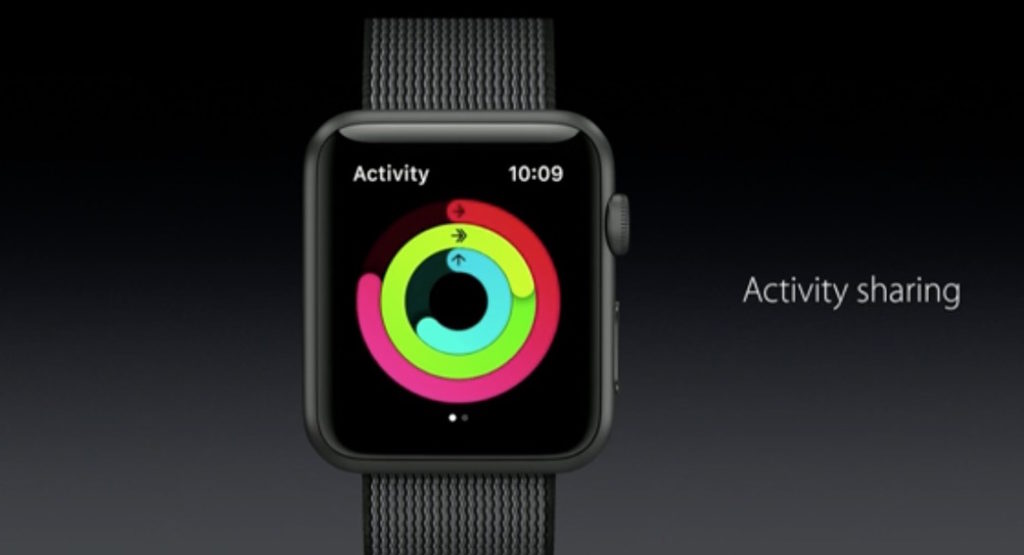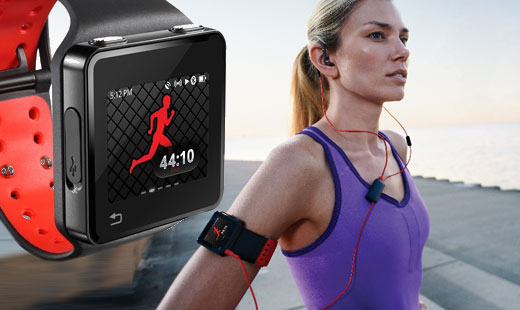Today’s modern lifestyle makes sitting around and not exercising all that much easier. Growing trends towards getting off the couch are sweeping the world, however, along with little gadgets which claim to make your exercise time that much easier and fun.
Smart Watches, Your Fitness Friend On Your Arm
The smart watch is one such gadget. Falling into the smart device family, this little piece of technology is light, easily transported and always available. It can do all sorts of incredible things, such as answer phone calls, display messages, and of course, track your fitness goals and experiences. The Apple watch is one of the most popular smart watches aroudn today, as is Samsung’s competitor to the Apple watch, the Samsung Gear 3.
Motivation By Your Side
No one likes exercising alone, especially if they are just trying to get into it. The smart watch can help here, as it is almost like having an exercise partner with you all the time. You can set your goals on your watch when you are feeling particularly motivated, and your little friend will remind you of them at regular intervals.
Your watch can be used to play music to you while you sweat, or even say little motivational insights to keep you going. One can even access an online sports betting guide, read up on a few stats and take a breather while placing a bet on your favourite team.
It will track your steps, tell you when you have done well, announce how many calories you have burned, and even tell you what to eat post workout. Stefan Olander, Vice President of Digital Sport at Nike says that sports trackers are extremely motivational and has quoted: “There’s incredible power in knowing how you’re doing”
The Flip Side To “Tracking”
As much as knowing how you are doing is incredibly motivating, the flip side to this is becoming more and more common. Over tracking is becoming an obsession whereby people use their smart watches to track their every movement.
This can cause one to become obsessed with one factor of fitness to the detriment of an overall healthy lifestyle. Joshua Klapow, PhD is a clinical psychologist from the University of Alabama.
He has studied the effect of smart watches and other fitness tracking devices and warns: “You can get so caught up in tracking that it overtakes you emotionally and psychologically…Over tracking syndrome can be problematic when the behaviour you’re trying to engage in becomes secondary to the numbers.”
The Social Network Aspect
Sharing your progress on your personal fitness journey with your friends can be motivating in itself. As envisioned by technology visionaries like Mark Zuckerberg and Steve Jobs, it’s important that devices help people connect. That’s why many smart watches allow you to automatically update and share any exercise achieved, such as runs or even simple workouts. Sharing anything on the web, even to your close friends, opens you up to judgment.
Let’s face it, most people judge others even if they don’t realise it. When you are doing well, and sharing your progress the positive comments can help to spur you on to even greater heights and achievements. There is nothing like feedback from real people to motivate you into reaching your goal.

Unfortunately, like everything else in the world, this has a flip side too. Regular updates may peter out if you lose motivation, which may have a spiral effect on your psyche.
Knowing that your updates are fewer and further between may make you feel like a failure, thus perpetuating the cycle of being demotivated even more.
So, What’s The Verdict on Smart Watches?
In summary we can be safe to say that a smart watch can be both a help and a hindrance, depending totally on how you use it and let it affect you.



